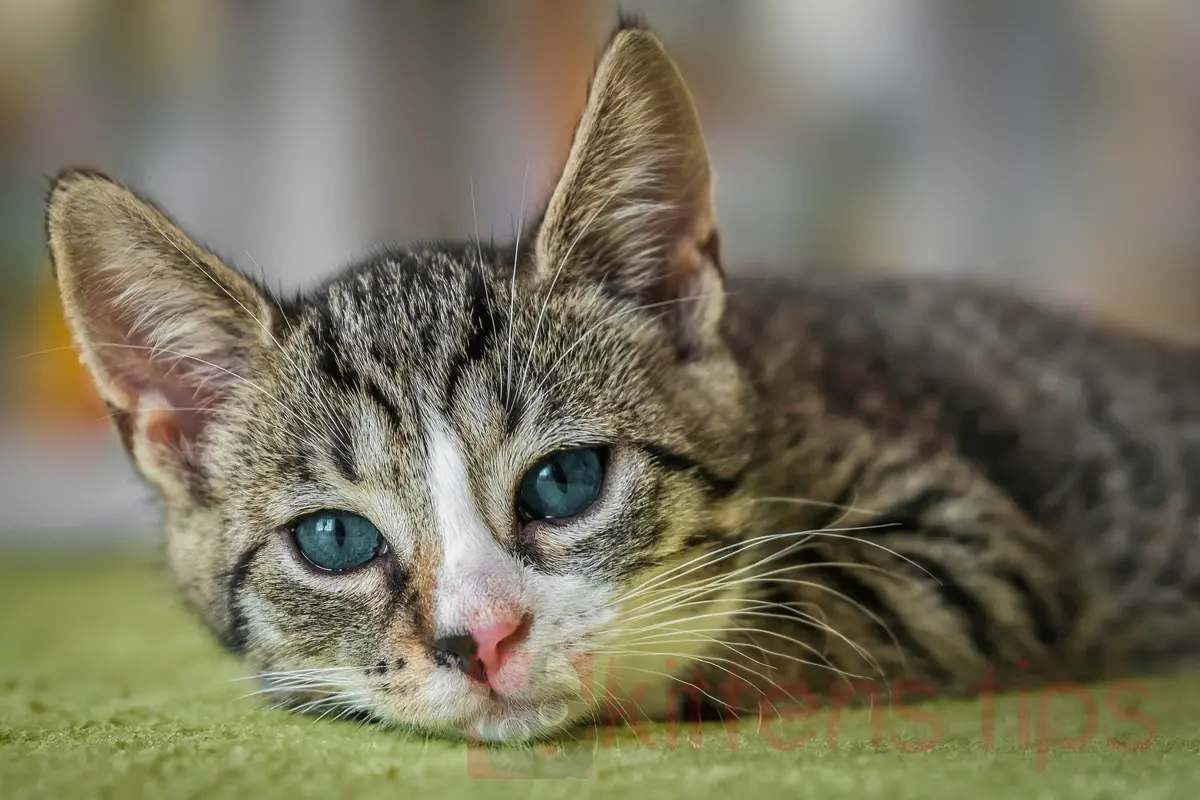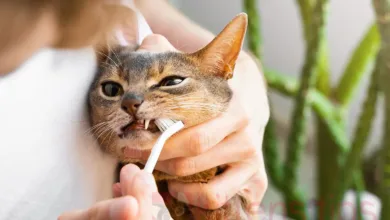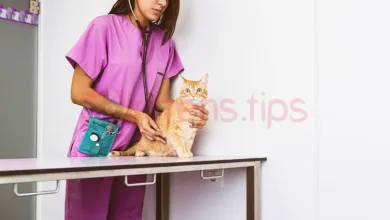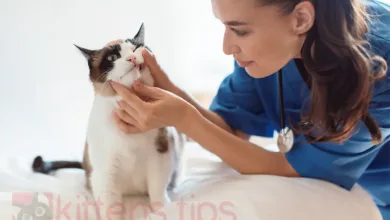
Cat Depression: How It Manifests and How to Treat It
Cat depression, much like in humans, is an insidious (deceptive) illness. Despite their independent and graceful nature, cats can face emotional challenges, including depression, which may seem surprising to some. This subtle condition is difficult to diagnose, as its symptoms often mimic those of other medical issues.
The causes of depression in cats are varied, and its impact on their behavior can be significant, potentially leading to major health problems if not identified in time.
Table of Contents
Causes of Depression in Cats
One of the most common causes of depression in cats is a sudden change in their accustomed environment. Moving to a new home or even undergoing a major home renovation can disrupt a cat’s emotional balance. Some cats adapt quickly, but others may perceive the change as stressful and threatening. Additionally, loneliness and lack of social interaction play a crucial role.
Although often labeled as solitary creatures, cats are social animals that form deep attachments to their owners. The loss of a family member or prolonged absences of someone who regularly interacts with the cat can trigger anxiety and apathy. Depression may also occur if you have multiple cats and one of them disappears. Unfortunately, I had a case where one cat passed away, and the remaining one fell into depression.
Related Article: How long can a cat be left alone at home?
Another common cause of cat depression is spaying or neutering, especially if accompanied by stress and hormonal imbalances. In such cases, the cat may become lethargic and uninterested in activities they previously enjoyed. Wearing a protective collar or special post-surgery garment can also be extremely uncomfortable, contributing to depressive states.
Boredom is another major factor. Cats are natural hunters, and the lack of activities to stimulate their instincts can severely affect their mental well-being. Furthermore, just like humans, the lack of sunlight during cold months can reduce energy and optimism, increasing the risk of depression.
From my experience with our cats, I can also say they are weather-sensitive. Lack of energy and signs of depression are evident on rainy days, even when they are warm and cozy indoors. The absence of natural light can affect a cat’s psyche, reducing their energy and overall well-being.
How to Tell if Your Cat Is Depressed
Depression in cats can be recognized through various symptoms. A depressed cat may become apathetic, refusing to play or interact. They might eat less, or conversely, overeat. Neglecting personal hygiene is another common sign – their coat may become dirty or unkempt. Some cats compulsively lick their abdomen, sometimes to the point of hair loss. Aggressive behaviors or self-harming, along with excessive vocalizations or complete isolation, may also occur.
Signs of cat depression may include:
- Lack of interest in activities: Apathy, refusal to play, or explore.
- Behavioral changes: Hiding in isolated spots, avoiding contact with their owner, unusual aggression, or excessive meowing.
- Eating issues: Loss of appetite or compulsive overeating.
- Neglect of hygiene: The coat becomes unkempt or even dirty.
- Compulsive behaviors: Excessive licking of the abdomen (leading to hair loss), self-harm, or destroying furniture.
- Physical symptoms: Lowered immunity, increased sensitivity to illnesses, particularly urinary tract issues.
How to Treat Feline Depression
To treat depression in cats, it is essential to consult a veterinarian. They will first rule out other possible medical conditions that could cause similar symptoms. Depending on the diagnosis, treatment may include dietary adjustments, mental stimulation through play, and providing a friendly, comfortable environment. Diet can also be supplemented with products containing L-tryptophan, an amino acid that boosts serotonin levels, which is vital for mood regulation.
Mental stimulation is crucial in treating cat depression. Interactive toys, climbing shelves, and access to a safe observation area, such as a secured balcony, can significantly improve a cat’s mood. Products containing synthetic pheromones can help create an environment perceived by the animal as more welcoming. In severe cases, the veterinarian may recommend medications or calming supplements.
Feline depression should not be ignored. With the right support, cats can overcome this state and return to a life full of energy and joy. Caregivers play a vital role through the affection, attention, and understanding they provide their furry companions.


